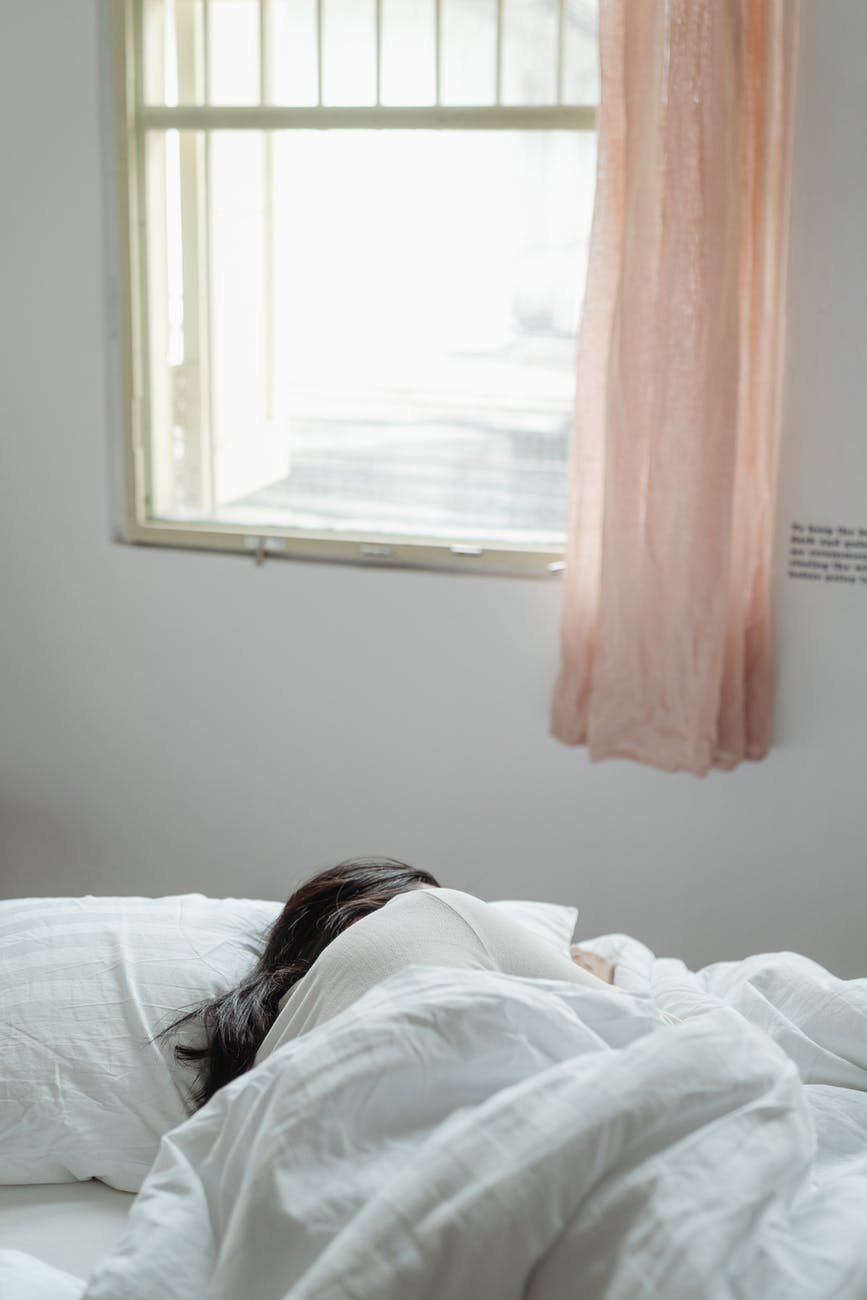How to Start Recovering from Burnout
You know you’ve been feeling burnout out and want to feel better. Where do you go from here?
The truth is recovering from burnout looks a lot like reconnecting to yourself.
Burnout is the long-term experience of feeling exhausted, disconnected and ineffective. Burnout typically doesn’t happen overnight — experiencing burnout typically occurs after repeatedly experiencing multiple and/or chronic stressors that have drained you of your energy with little to no relief from them.
When recovering from burnout, immediate relief is often needed to begin regaining your energy and your strength. But what’s needed after that?
Here are 3 practices to consider utilizing to help you recover from your experience of burnout:
1) Practices to help you feel calm:
Every person is subject to feel anxious, nervous and stressed. This also includes overthinking, being over-stimulated and having difficulty concentrating.To help take care of these feelings, it helps to include grounding or calming practices to your burnout recovery plan. To discover the calming practice that helps you the most, take a second to reflect:
What helps you calm down when you feel anxious?
What practices, techniques or resources help you relax?
woman meditating in the outdoors
A few grounding practices that you can add to your self-care routine are:
Breathing exercises like these, explained by Mako Mindfulness: deep belly breathing or 4-7-8 breathing
Journaling and releasing your anxious thoughts out loud using a voice recorder or writing them out. Our guided journal, Self Explore, Self Restore, has a variety of writing prompts to help release anxious thoughts.
Guided meditation can also help manage anxious and overwhelming thoughts, like this guided meditation led by Koya Webb.
2) Practices to help you feel recharged:
The saying goes, "you can't pour from an empty cup". It helps to have a couple of go-to burnout recovery practices that help you refill your cup when you are tired, feeling burnout or have low energy. Consider reflecting on:
How do I know when my energy is low?
How does my body let me know that I'm tired?
pexels-photo-4473872
A few ways you can refill your own cup are:
Building your mindfulness on what burn out looks like for you. Reflect on the events and stressors that led up to your experience of burnout. How did you body respond to these events and stressors? What does burnout look like for you? This journaling challenge can help you start identifying key burnout-causing habits.
Including opportunities to rest in your day. Resting, taking naps and/or giving yourself space for inactivity can do your mind and your body a great service.
Creating a bedtime routine to make sure you're getting enough sleep at night. Here are some ideas from Psychology Today that can help you refresh your sleep routine.
3) Practices that help you feel joy away from work:
It is important to have burnout recovery practices that are connected to your personal life. For many adults, work is a major part of life -- and we spend a considerable amount of time and energy working. Including burnout recovery and stress relief practices that (truly) give you a break from your professional and/or caregiving life, bring you joy and have fun can help you feel more balanced. Think about:
What gives me joy when I'm not working and/or caregiving?
What are my favorite hobbies, activities and pastimes?
pexels-photo-936048
A few work-free ways to practice this type of self-care:
Spend time with your friends and loved ones. Consider getting together with your friends to do an activity you all enjoy, share a meal together or attend an event in your community.
Take a break from adulting by tapping into your playful and creative sides.
Try a social media detox, step away from screens and try a new hobby or pastime that makes you smile.
There are many, many to take care of yourself this day and age. Make sure that whatever you choose to do for self-care, that you are prioritizing taking care of your needs first.
How do you want to start recovering from burnout?
Want to learn more about how you can recover from burnout? Check out our burnout recovery journals by clicking here!



